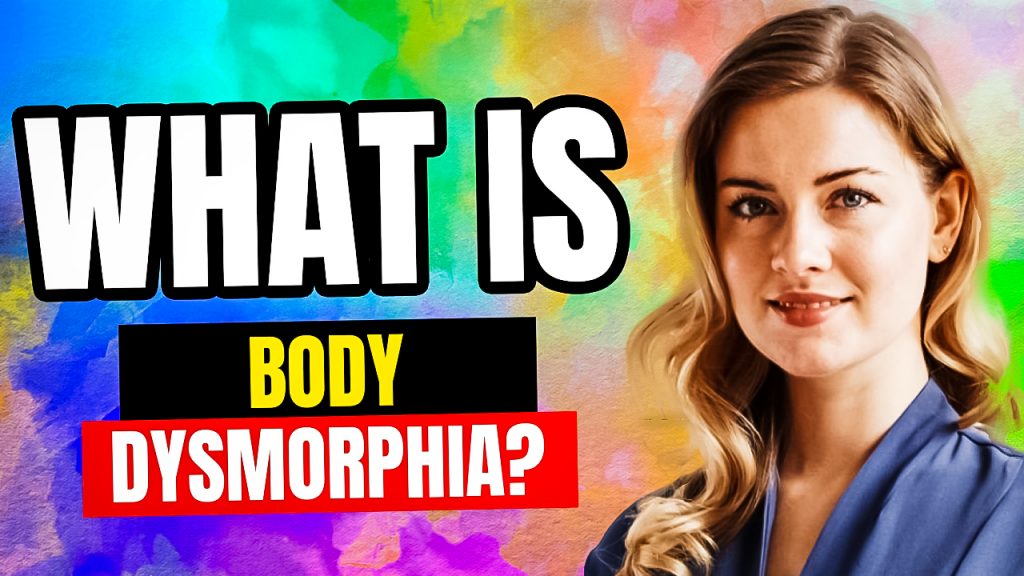
Body dysmorphia, also known as body dysmorphic disorder (BDD), is a psychological condition that affects the way a person perceives their appearance. It is a type of obsessive-compulsive disorder (OCD) that causes people to have a distorted view of their body image. People with BDD are obsessed with perceived flaws or defects in their physical appearance, even if these flaws are minimal or not noticeable to others. This essay aims to explore the causes, symptoms, and treatments of body dysmorphia.
Body dysmorphia is a relatively common condition that affects both men and women. It is estimated that between 1-2% of the general population is affected by BDD. The disorder usually develops during adolescence or early adulthood, although it can occur at any age. The exact cause of body dysmorphia is unknown, but research suggests that it may be caused by a combination of genetic, environmental, and psychological factors.
Symptoms of body dysmorphia may vary from person to person, but common signs include excessive preoccupation with one or more perceived defects or flaws in their physical appearance, repetitive and time-consuming behaviors related to appearance, such as excessive grooming, checking and comparing appearance, social isolation or avoidance, depression, and anxiety. The person may spend hours every day checking their appearance in mirrors or other reflective surfaces, excessively comparing themselves to others, and feeling extremely self-conscious in social situations.
The diagnosis of body dysmorphia can be challenging since it often co-occurs with other mental health disorders such as depression, anxiety disorders, and obsessive-compulsive disorder. A mental health professional such as a psychiatrist, psychologist, or clinical social worker can make the diagnosis of body dysmorphia based on a person’s symptoms, medical history, and a psychological evaluation.
Treatment for body dysmorphia usually involves a combination of psychotherapy, medication, and self-help strategies. Cognitive-behavioral therapy (CBT) is a type of psychotherapy that has been found to be effective in treating body dysmorphia. CBT focuses on helping people identify and challenge negative thoughts and behaviors related to their appearance, developing healthy coping skills, and improving self-esteem. Selective serotonin reuptake inhibitors (SSRIs), a type of antidepressant medication, have also been found to be helpful in reducing symptoms of body dysmorphia.
Self-help strategies can also be beneficial in managing symptoms of body dysmorphia. These include learning to identify and challenge negative thoughts, developing healthy
coping skills such as mindfulness meditation, regular exercise, and self-care practices such as eating a balanced diet, getting enough sleep, and avoiding drugs and alcohol.
In conclusion, body dysmorphia is a psychological condition that affects a person’s perception of their physical appearance. People with BDD are obsessed with perceived flaws or defects in their physical appearance, which can cause significant distress and impact their quality of life. The causes of body dysmorphia are unknown, but research suggests that it may be caused by a combination of genetic, environmental, and psychological factors. Treatment for body dysmorphia usually involves a combination of psychotherapy, medication, and self-help strategies, and it is essential to seek professional help if you think you may have BDD or know someone who does. With proper treatment and support, people with body dysmorphia can learn to manage their symptoms and improve their quality of life.
This Post is Brought To You By BetterHelp